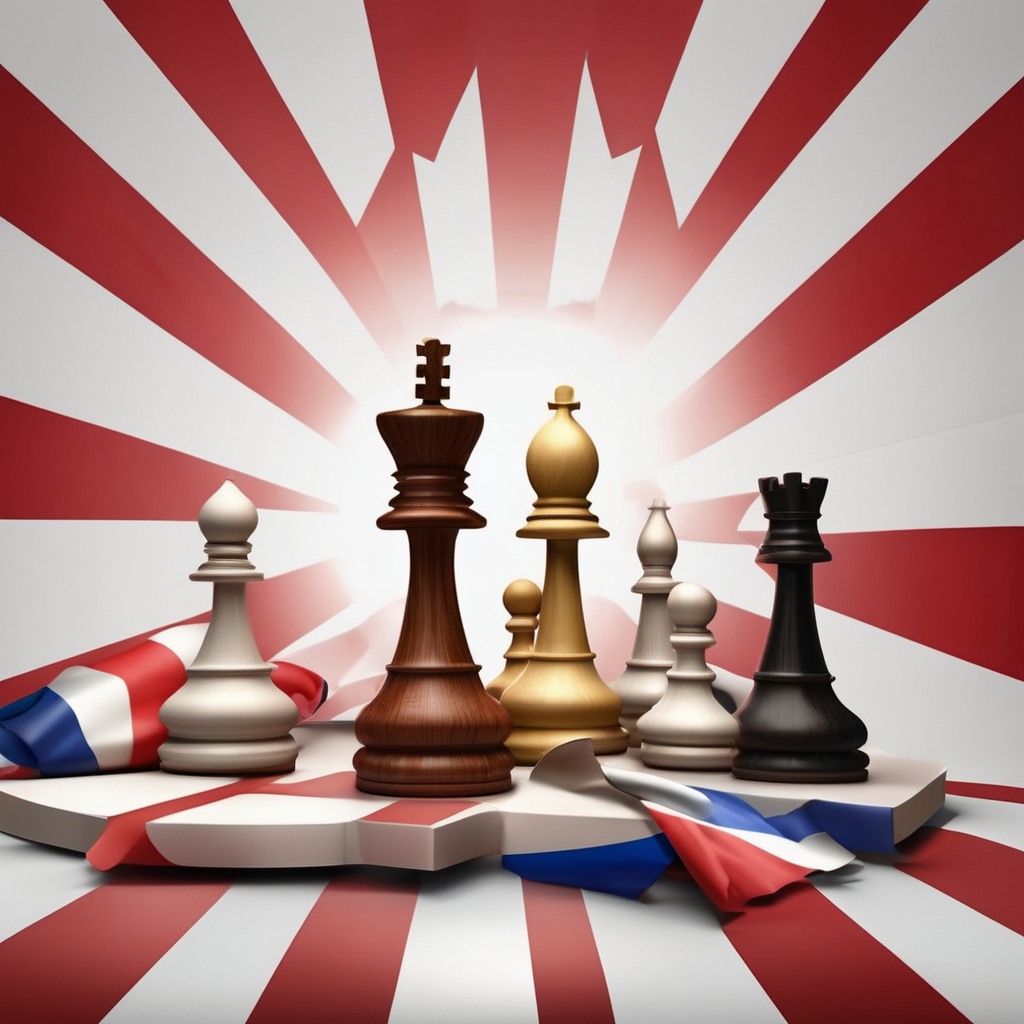Russia’s enduring conflict with Ukraine seems to show no signs of abating as President Vladimir Putin remains steadfast in his war-driven leadership role. According to Nikolai Petrov, a senior analyst at the London-based New Eurasian Strategies Center, Putin’s identity is now deeply entrenched as a wartime leader, a role he appears reluctant to relinquish. Returning to a peacetime presidency, Petrov argues, would be likened to a demotion in Putin’s eyes, leaving him little interest in concluding the ongoing war.
The war, now edging into its fourth year, has placed Putin in what analysts suggest is his most optimistic stance since the conflict’s initiation. Despite Russia’s expectations to swiftly seize control over Ukraine, the battle has significantly protracted beyond their initial anticipations. The challenges faced by Ukrainian forces, hamstringed by a shortage of both weapons and manpower, have enabled Russian troops to inch forward, albeit gradually, into Ukrainian territory.
Nevertheless, Moscow’s advances have come at a considerable cost. With an estimated one million casualties suffered by Russian forces, the human toll is immense. Moreover, the severe strain on Russia’s economy could result in an impending recession, showcasing the high price of this lengthy confrontation.
On a political level, the conclusion of this conflict is fraught with its own set of dangers for President Putin. The risks associated with ending the war potentially threaten the political stability maintained under his regime through his image as a defender of Russian interests. The intricate balance of military ambition and economic sustainability poses a complex challenge for Moscow as it navigates the future of its engagement in Ukraine.
The prevailing situation underscores the profound impact that ongoing military engagements have on both national identity and economic health, setting the stage for a precarious global geopolitical landscape.
